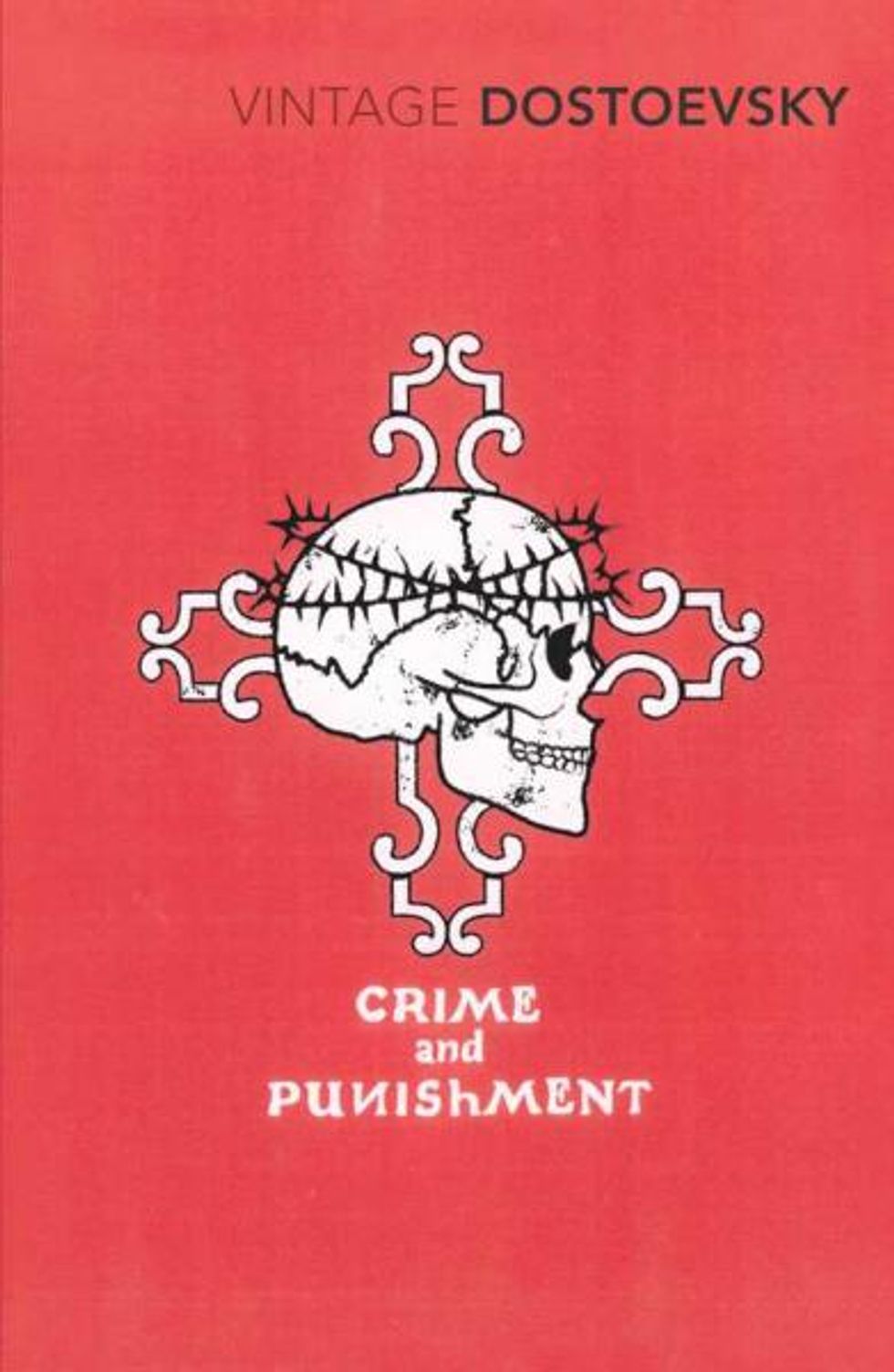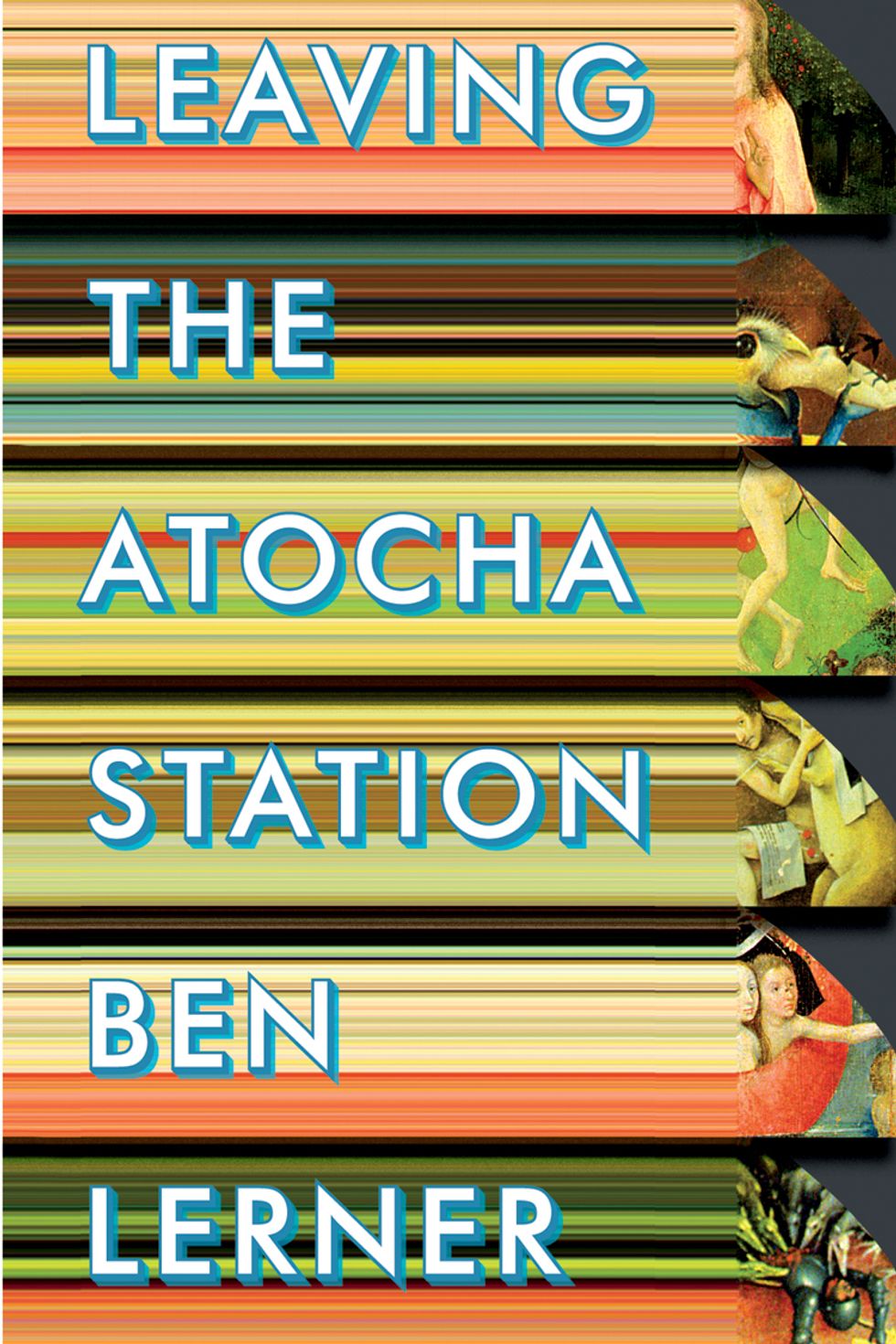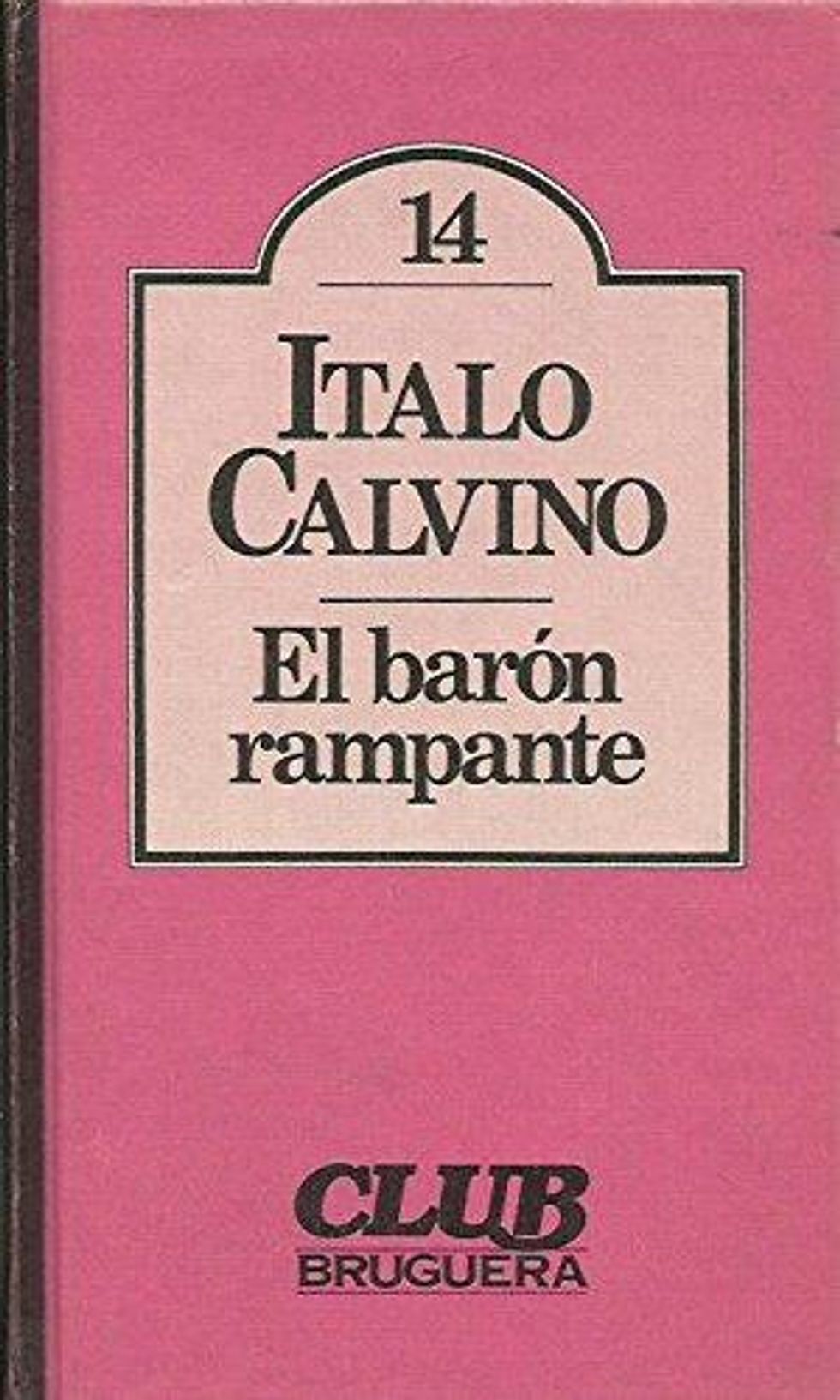Here's what I read so far this year. I liked them all to varying degrees. Here's the order I read them in. Decide for yourself if they'd whet your appetite.
May:
CRIME AND PUNISHMENT by Fyodor Dostoevsky (Russia; 1867, eBook and book; trans. into English by Constance Garnett and Richard Pevear & Larissa Volokhonsky, respectively)
I might as well get it out of the way that before I came to CRIME AND PUNISHMENT, what I'd call my favorite book was usually a toss-up between THE BROTHERS KARAMAZOV, THE SUN ALSO RISES, and THE LONG GOODBYE. I think I've found my new favorite book of all time. Nowhere near as dense or overwhelmingly complicated as the reputation that precedes it, this story of an axe murder gone horribly wrong is compelling and unsettling in its present-day relevancy. And it's the first book I've read in the last two and a half years of my book-a-month practice that I'm itching to read again a second time, if perhaps only because I read the first half from the Garnett translation and the second half from the (much-superior) Pevear/Volokhonsky translation. Also, it's a masterpiece.
June:
LEAVING THE ATOCHA STATION by Ben Lerner (USA; 2011, eBook)
Despite it being probably my least favorite work out of the four on this list, Lerner's semi-autobiographical work about a sociopath poet on a Fulbright scholarship in Madrid is short, formally daring, and readable. My main problem with it was that I found the protagonist so repulsive for the first 80% or so of the book — not to mention a fair amount of linguistic pretension that felt more alienating than interesting — that I had a hard time really connecting into his world. Not that a main character has to be likable, but even with some of the more disturbing characters I've read about in the last couple of years (Raskolnikov, Jordan Belfort, every human working on Wall Street), those other authors at least found a way to have me either care about them or get me invested enough to be emotionally affected by their fates. (To quote David Foster Wallace, "Fiction's about what it is to be a fucking human being.") Lerner's book just felt more like showing off his verbal dexterity than showing any heart, though I admit that the mechanics of the story kept me engaged enough to finish it. Again, it's not bad, but it's the one on this list that got closest to me actually not recommending it.
July:
1984 by George Orwell (UK; 1949, eBook)
In the American high school system, students typically get a choice between two of THE dystopian novels: BRAVE NEW WORLD and this one. I chose the former and given the current political climate and the fact I really should've read it by now, I gave Orwell's opus a read. I prefer the Huxley text not only because I think its philosophy captures the human condition better but because it's, frankly, better written. There's a reason Orwell's text is handed out to high schoolers a lot: it ain't exactly complex in its writing style. That being said, not reading it until the current Trump era made it come off as just a really bad and obvious allegory about the current political situation. Until I remembered it was written in the fucking 40s. So bravo, George. Bravo.
August:
THE BARON IN THE TREES by Italo Calvino (Italy; 1957, book; read in Spanish as EL BARÓN RAMPANTE, trans. by Francesc Miravitlles)
It's a philosophical novel about a 12-year old member of Italian royalty in the 18th century who decides to live in the trees for the rest of his life. Despite the fact it's ticking off a lot of things that bore me in literature — coming-of-age stories, rich people problems, rich people in old times problems, general whimsy — and despite the added challenge of my copy being in Spanish (at least now I know a lot more species of trees and dogs in the language), it actually was funny and touching and thought-provoking in a lot of ways. It asks bigger existential questions and while Dostoevsky grips me more in how he tackles them, Calvino knows what he's doing and questions in similarly clever ways.






















